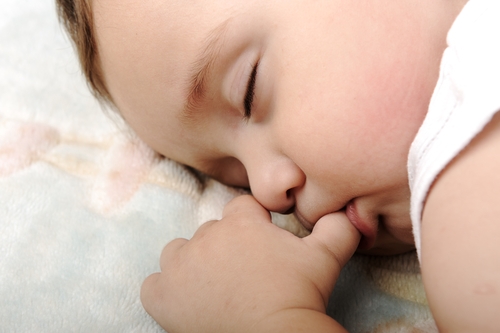The University of Otago, New Zealand, on Monday said many parents try to discourage their children thumb-sucking and nail-biting, but a study showed it can lead to fewer allergies in later life.
The study lead author, Prof. Bob Hancox, said in a statement that the university findings emerged from a long-running study that followed the lives of 1,037 New Zealanders born in 1972 and 1973.
“It found childhood exposure to microbial organisms through thumb-sucking and nail-biting might alter immune function so that children became less prone to developing allergies.
“Parents reported their children’s thumb-sucking and nail-biting habits when their children were aged 5, 7, 9 and 11 years old,’’ Mr. Hancox said.
They were checked at ages 13 and 32 years old for atopic sensitisation, defined as a positive skin prick test to at least one common allergen.
At age 13, the prevalence of sensitisation was lower at 38 per cent among children who had sucked their thumbs or bit their nails compared with those who did not at 49 per cent.
“Children who both bit their nails and sucked their thumbs had an even lower risk of allergy at 31 per cent,” Mr. Hancox said.
The associations were still present at age 32 and persisted even with adjustments for confounding factors such as sex, parental history of allergies, pet ownership, breast-feeding and parental smoking.
“Although thumb-suckers and nail-biters had fewer allergies on skin testing.
“We found no difference in their risk for developing allergic diseases such as asthma or hay fever,’’ researcher Stephanie Lynch added.
Premiumtimes……..
This page has been viewed 289 times


























